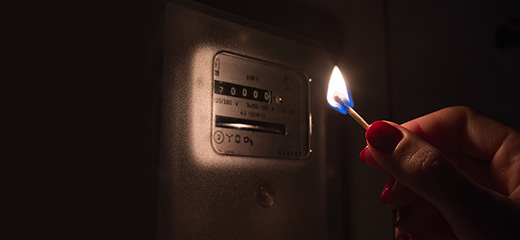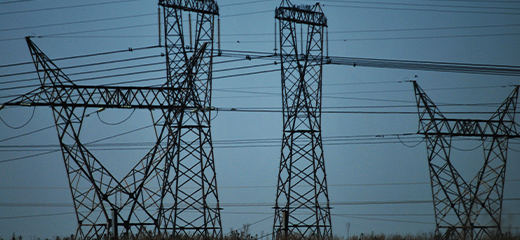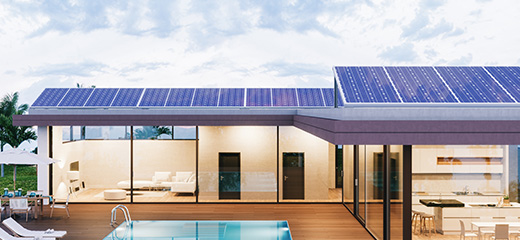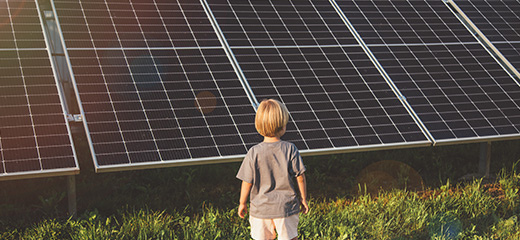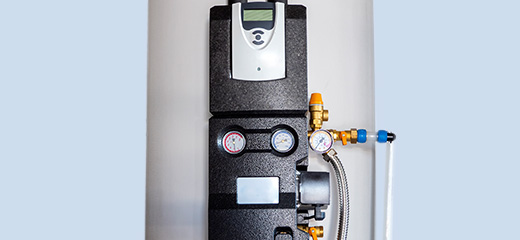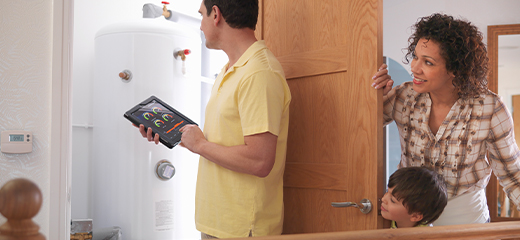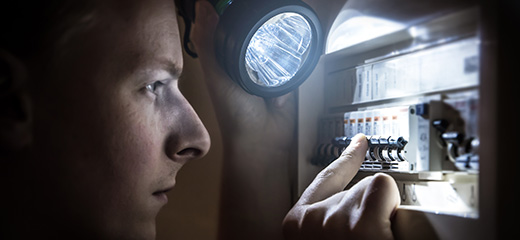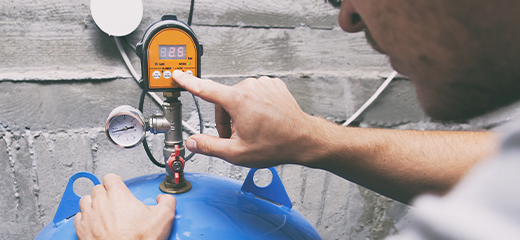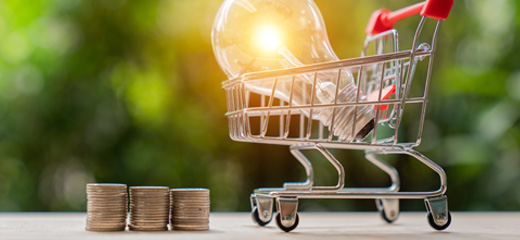
Ending energy crisis requires homeowner buy-in
There’s no denying that South Africa is in an energy crisis and that ongoing loadshedding is crippling the country. While the government has plans to add more generating units to the power grid, reducing loadshedding in the short-term is up to ordinary South Africans. That’s according to Keith Cassie, president of the Southern African Energy Efficiency Confederation.
President Cyril Ramaphosa addressed the nation on 25 July to discuss the steps that government was going to take to tackle the energy crisis. The five-point plan aims to improve the performance of Eskom’s existing power stations; accelerate procurement of new generation capacity; increase private investment in generation capacity; enable businesses and households to invest in rooftop solar; and transform the electricity sector.
“These are all great initiatives, but we need to recognise that new generation projects do not happen overnight. It’s going to take a few years. And as a nation we need to decide how we are going to deal with those years and into the future,” explains Cassie.
Loadshedding woes
Does this mean South Africans need to resign themselves to the ever-increasing stages of loadshedding? Not necessarily, says Cassie.
“At this stage, the true power to reduce or even eliminate loadshedding lies in the hands of the people. Only we can reduce electricity demand. And the way to do that is improving the energy efficiency in our homes.”
As an example, Cassie points to the impact Earth Hour has had on Eskom. The Earth Hour initiative is a global campaign organised by the World Wide Fund for Nature (WWF) aimed at encouraging people to take action on environmental issues, combating climate change and protecting the planet. According to the WWF the Earth Hour event, which takes place annually towards the end of March, encourages individuals, households, communities and businesses to “turn off their non-essential lights for one hour as a symbol for their commitment to the planet”.
“While South Africa may not have had the same levels of participation as Australia where Earth Hour started, the impact on the Eskom grid has been remarkable. Last year, South Africa saved 554 megawatts during Earth Hour, while 2013 holds the record at 629 megawatts. And all that was turned off was lights for 1 hour,” Cassie points out.
“This demonstrates the power that we have as individuals to reduce the strain on the electricity grid and decrease the need for extensive, high-stage loadshedding.”
Focus on efficiency
This doesn’t mean that we need to spend the next few years with our lights off, says Cassie. Instead, we need to look at the ways we use electricity within our homes and specifically how we are wasting electricity.
“We need to take a hard look at our home’s electricity consumption and figure out what is essential and where we are wasting. If you’re fortunate enough to have a generator or an inverter, look at what you use it for during loadshedding and what you leave unplugged. If it’s not plugged in during loadshedding, does it really need to be plugged in when the power is on?” he asks.
In fact, there are only a few items in the home that need to be drawing power throughout the day, your fridge/freezer, Wi-Fi and security system for example. However, we tend to leave everything plugged in and turned on. Our TVs, laptops, hi-fis and device chargers, for instance, are plugged in and on standby all day, regardless of whether they’re being used.
“Don’t be fooled by the stand-by function, depending on the type of device, it can consume as much as 50% of the electricity it does when you have it on. And that’s your hard-earned money being wasted. It’s like going grocery shopping, coming home and throwing half of it into the dustbin. When it comes to electricity consumption, the most energy efficient position is always off, no matter what it is,” explains Cassie.
The rewards of sustainability
Ultimately, improving our home’s energy efficiency is not about letting Eskom or our government off the hook. Instead, Cassie points out there are many benefits for individuals and society at large.
“We need to figure out how to use the electricity we have efficiently so that we can get our economy going again and save jobs. This has to be a priority for all of us, just like taking protective measures during the worst of the Covid-19 pandemic was. Energy efficiency is also the path to helping the cash-strapped get through the month. The more you save on electricity, the more food you will be able to put on the table for your children,” he says.
“We also need to do this for our children and their children. You just need to look at the impact of climate change to see that the way we have been generating and consuming electricity is simply not sustainable. We have to change. In fact, there’s a line of thought in the international community that we could meet our carbon emissions reduction targets by simply improving energy efficiency.”
Head to LookSee for a range of vetted products and services aimed at helping you save money.
